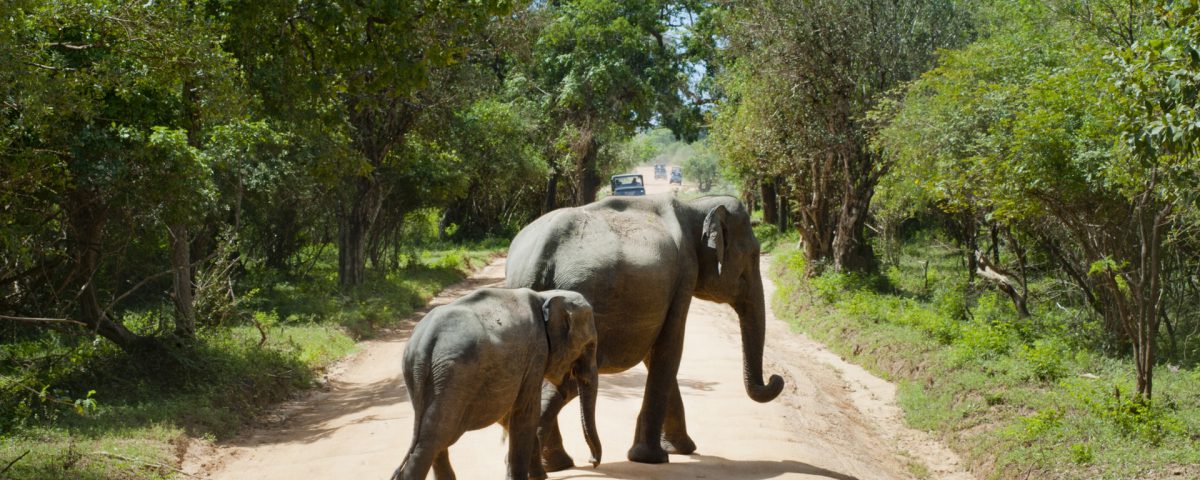As the sharing economy develops, the opportunities for cutting out the middle-man seem endless. After Lyft and Uber revolutionised personal transport, BlaBlaCar challenged public transportation and Airbnb overthrew our concept of monetising our own properties, Safarisource attempts to do the same thing with safaris. Launched at the INDABA tourism trade fair in South Africa on May 16, safarisource.com connects tourists with local African tour operators. The site was founded by PhD anthropologist Jessika Nilsson, who is originally from Sweden, yet who grew up in Tanzania before going back to Europe for her studies.
For Nilsson, creating Safarisource had multiple reasons, one of which was the support for local communities, as she saw locals bearing the cost of living with wildlife but not reaping the fruit. In fact, tourists from all over the world get the idea from travel agencies that they are being sold a unique and tailored product, when in fact these safaris are just outsourced through locals who do not make proportionate earnings on their work. This is related to the dependency that the agencies create: local operators are dependent on only two or three companies which actually bring them customers, and therefore have little to no negotiating power.
Providing consumers with an actually tailored product
Safarisource in itself resembles Airbnb through its website and its concept. The search engine allows to search for location, prices and dates, and even allows to narrow the request down to specific parks or activities. Just like on Airbnb, the rating system assures that users can communicate the quality of the service to other potential customers. “Prices and activities can vary a lot”, says Jessika Nilsson, ranging from low-cost providers who individually teach their skills in archery to one-week all-inclusive trips over many miles, for entire families.
Unlike in the situation of Uber or Airbnb, local governments in Africa have no incentive of regulating this sort of safari sharing economy, quite in contrary: instead of the money being made by big travel agencies in rich Western countries, the money goes straight to the local community, providing more opportunities for investments.
Making individuals responsible for their future
Lastly, the most important motivation of creator Jessika Nilsson was her personal philosophy:
“I’m very much a capitalist. I also studied development studies and do not believe in foreign aid. I believe in all kinds of solutions that empower people to rise without dependency. Anything that makes people more independent, will help Africa to rise.”
Safarisource.com is already online and working with over 100 operators at the moment, of which most are individuals or small companies. The website expects to get over 500 operators by the end of this year.
You can plan your next (or first) safari by going to www.safarisource.com.
This article was first published by Freedom Today.
This piece solely expresses the opinion of the author and not necessarily the organization as a whole. Students For Liberty is committed to facilitating a broad dialogue for liberty, representing a variety of opinions. If you’re a student interested in presenting your perspective on this blog, click here to submit a guest post!

